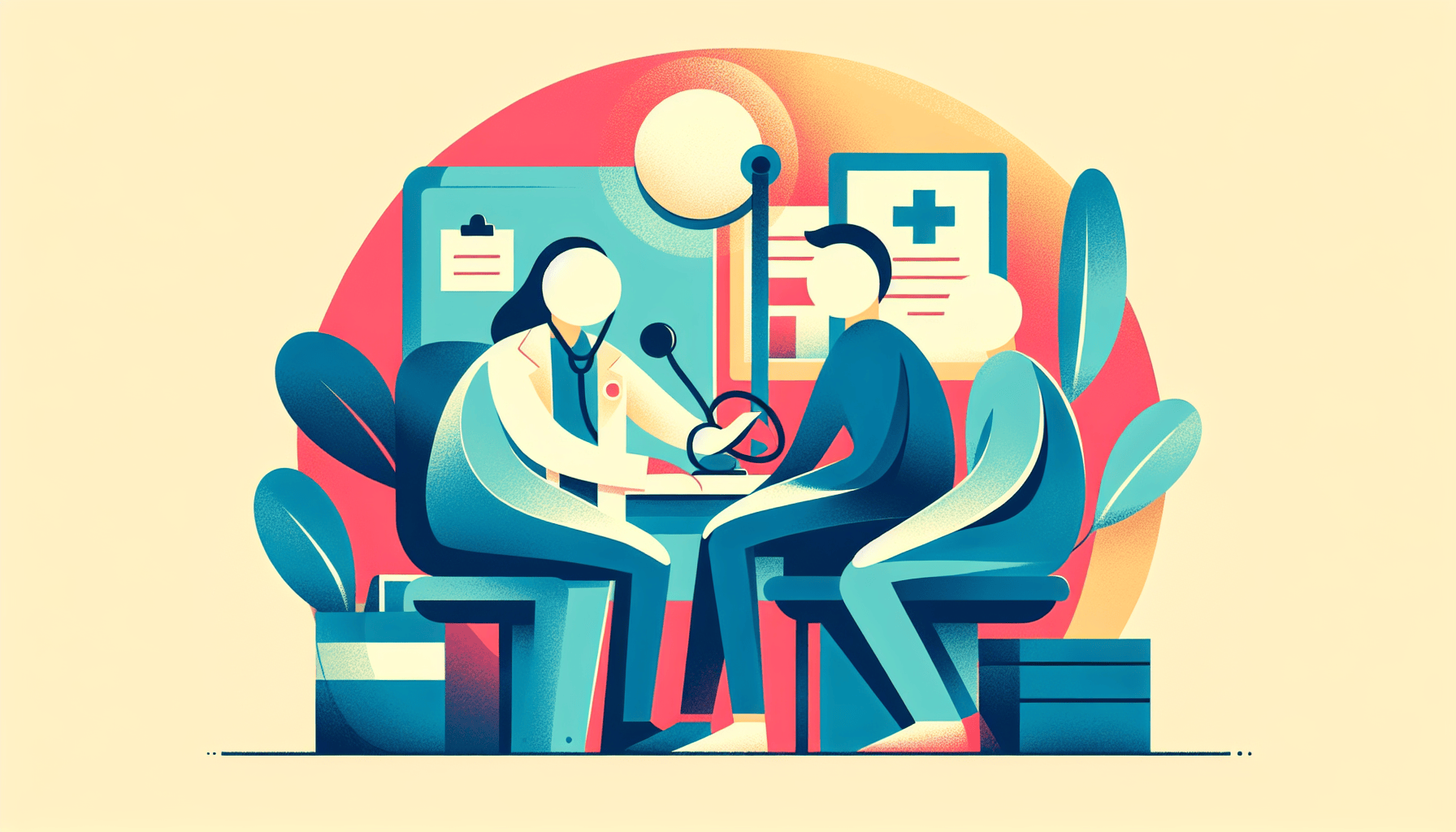Visiting the doctor can sometimes be an uncomfortable experience, especially when discussing sensitive health issues. Many people feel shy, embarrassed, or even ashamed when talking to their physician about private matters. However, it's essential to remember that doctors are trained professionals who deal with intimate details every day and are there to help you maintain good health.
Why Some Patients Feel Embarrassed
There are several reasons why patients may feel embarrassed during doctor visits:
Discussing sensitive topics like sexual health or mental well-being
Feeling vulnerable when undressing for physical exams
Worrying about being judged for unhealthy habits or lifestyle choices
Seeing a doctor infrequently or meeting a new physician for the first time
These feelings of discomfort can lead some patients to withhold important information from their doctors. In fact, research suggests that up to 81% of patients may not be completely honest about their health habits because they fear being judged or lectured.
The Importance of Open Communication
Despite the discomfort, it's crucial to have open and honest conversations with your doctor. Withholding information or being less than truthful can have serious consequences for your health. Your physician needs a complete picture of your health to provide the best possible care, which includes:
Accurate diagnosis of medical conditions
Appropriate treatment plans and medications
Personalized advice for maintaining good health
Early detection and prevention of potential health issues
Tips for Overcoming Embarrassment
If you struggle with feelings of embarrassment during doctor visits, try these tips to help you feel more comfortable and communicate openly:
Remember that doctors are professionals: Your physician has seen and heard it all before. They are not there to judge you but to help you maintain good health.
Write down your concerns: Before your appointment, make a list of the issues you want to discuss. This can help you stay focused and ensure you don't forget anything important.
Start with less sensitive topics: If you're feeling particularly anxious, begin the conversation with less sensitive issues and work your way up to the more difficult ones.
Bring a trusted friend or family member: Having someone you trust with you can provide emotional support and help you feel more at ease.
Request a same-gender doctor: If you feel more comfortable discussing sensitive issues with a doctor of the same gender, don't hesitate to request one.
By following these tips and working on open communication with your doctor, you can overcome feelings of embarrassment and ensure that you receive the best possible care for your health and well-being. Remember, your doctor is there to help you, not to judge you.
For more information on building a strong patient-doctor relationship, visit:
The Bottom Line
Complete honesty about embarrassing symptoms or lifestyle factors is essential for accurate diagnosis and effective treatment planning. Preparation strategies like written notes and communication preferences help overcome discomfort while ensuring you receive appropriate care. If you're struggling with sensitive health concerns you're hesitant to discuss, Doctronic can help you prepare for these important conversations.



